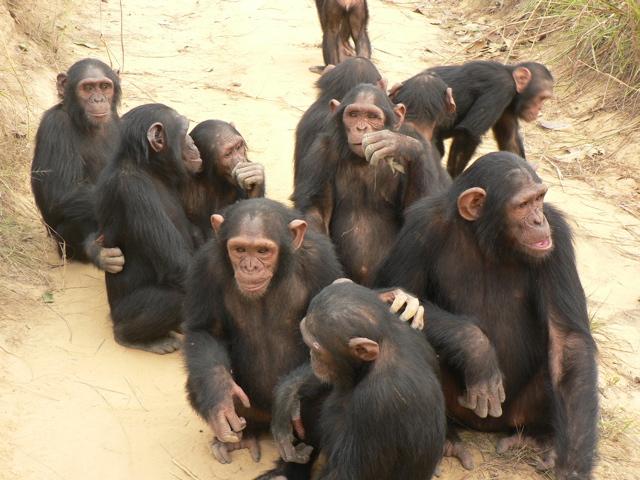I’ve just finished a close study of Emile Durkheim’s Elementary Forms of the Religious Life (1912) and concluded that its entire premise is based on ignorance. Durkheim, in other words, is utterly mystified by the fact that humans are social and live in groups. Because he cannot fathom this great mystery, he spins an incredible (and ingenious) story about religion, in the form of totemism, making it all possible. People, in other words, would not be social and could not form groups were it not for binding properties of religion.
The supreme irony in this is that Durkheim claims that all religious beliefs are false and that the real reason people have them is because of these binding properties. This is, for Durkheim, the only possible explanation for the continued survival of these otherwise bizarre and mistaken beliefs.
When I study a book, I write notes in the margins. I’ve now read Elementary Forms several times so my copy has lots of marginalia. This marginalia is now dominated by a single word: Primates. Durkheim did not know anything about primates. If he had, he would have a written a different book. Or he might not have written it at all because he would have understood that being social and living in groups is not a great mystery.
Primates are social. Primates live in groups. Primate social life is rich, varied, complex, and plastic. Humans are primates. While we are unusual primates because we walk and talk, we are still primates. Our social ancestors have been living in groups for millions of years. We are good at it. We do not need an extraordinary explanation, such as Durkehim’s, for this non-mystery.
With these thoughts fresh in mind, I came across this Guardian review of Frans de Waal’s latest book, The Bonobo and the Atheist: In Search of Humanism Among the Primates (2013). This excerpt, from Tessa Kendall, goes right to the historical heart of the matter:
There is a long history of thought that the natural world is a merciless struggle for survival and that humans decided to live together “by covenant only, which is artificial” (Hobbes), that natural selection is “a Hobbesian war of each against all” and ethics are humanity’s cultural victory over the evolutionary process (Huxley), that civilization is achieved through the renunciation of instinct and the action of the superego – which men are more capable of than women (Freud), that children have to be trained to be sociable through fear of punishment and desire for praise (Freud, Skinner, Piaget), that moral behavior is achieved through reason alone (Kant).
These ideas have their origins in Judaeo-Christian teaching that morals have to be imposed from above, that in our “natural state” we are unfit for society (or heaven) because of original sin.
What they all have in common is a kind of dualism between our “better angels” and the beast within, our Dr Jekyll and Mr Hyde.
The idea persists even now, albeit stripped of its religious origins.
This was the idea that drove Durkheim. He premised his entire book on the (false) notion that human sociality requires an extraordinary explanation. Astutely, de Waal rejects this idea:
de Waal does not believe in any inner dualism, in the need to choose to be moral or to accept moral instruction from above (gods, philosophers or authority figures) because altruism, empathy and morality are innate in us. What’s more, they also exist in other social animals. They are part of an evolved package of behaviours that make it possible for us to be social animals.
He calls the idea that civilization and morality are imposed on a violent, immoral, selfish nature Veneer Theory and concludes, “Everything science has learned in the last few decades argues against the pessimistic view that morality is a thin veneer over a nasty human nature.”
Human morality is “firmly anchored in the social emotions, with empathy at its core” (De Waal, Our Inner Ape). The desire to treat others well comes from altruism which, in turn, comes from empathy.
This is not a new or radical idea. Darwin said something similar in The Descent of Man (1871). Durkheim apparently never read it or understood the implications.


